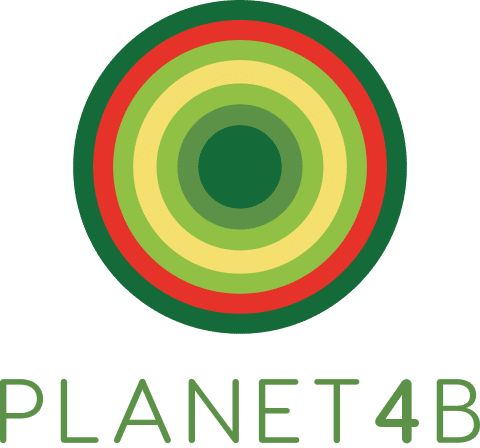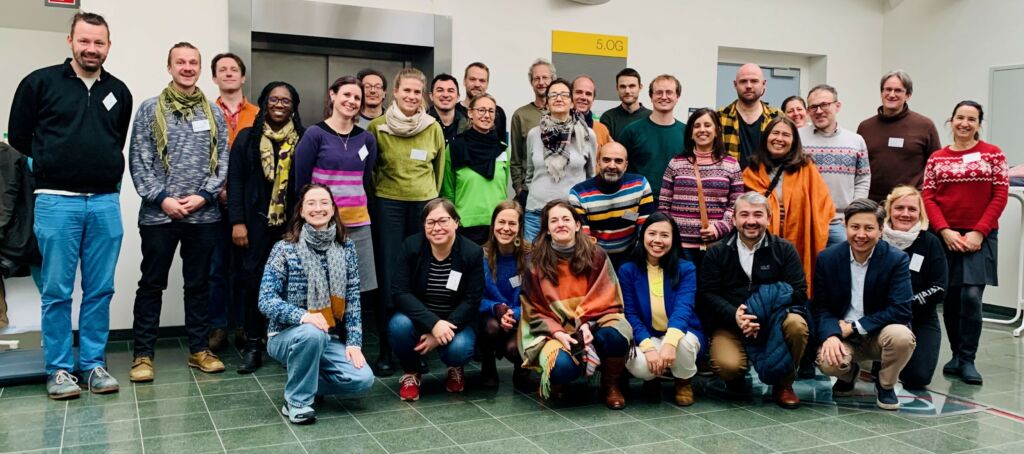
PLANET4B
understanding Plural values, intersectionality, Leverage points, Attitudes, Norms, behaviour and social lEarning in Transformation for Biodiversity decision making
Better decisions for biodiversity and people
In the autumn of 2022, the PLANET4B project team set out with the question – and the hope of finding answers – about what shapes our decisions on biodiversity at individual, community, and institutional levels.
After three years of research, building networks, and raising policy recommendations, has the consortium found what it was looking for? We may not have discovered the philosopher’s stone, but we can say with confidence that we’ve come much closer to understanding how decision-making systems around biodiversity actually work.
The project has explored a number of previously less-studied areas – for example, how biodiversity appears in scientific and business communication as well as in public discourse, the connections between intersectionality and biodiversity and behaviour theories roles in biodiversity research. It has also developed a Transdisciplinary Research Framework to help explore and assess these questions.
We have compiled 100 creative methods – ranging from photo voice and night hike to community filmmaking – that can influence how people relate to biodiversity, and in turn, how they make decisions about it. Many of these methods were tested and validated in practice, then collected into a Catalogue to make them accessible for everyone to adapt in their own communities.
Through Case Studies with Learning Communities and Advisory Boards of stakeholders with various backgrounds, we have examined sectors and community initiatives that have a significant impact on biodiversity. We have also identified possible Leverage Points that can promote system-level change. The findings and conclusions are presented in the form of Transformative Change Stories.
Relevant Policy Recommendations, and a knowledge hub of training materials and resources, and guidelines for business, civil society and policymakers are also available.
Alongside the research, the team members themselves have also learned and changed a great deal. We’ve seen first-hand that transformative change depends on finding a shared language and understanding, on listening to and valuing each other’s perspectives, and on fostering collaboration at personal, community, and systemic levels.
A wide range of research materials, scientific publications, and resources to support education, training, and policymaking have been produced during the project. All are freely available for use with proper attribution.
We hope that these outputs will contribute to help us all make better decisions – for biodiversity and people.
The PLANET4B project is a cooperation between 16 partners, universities, NGOs and other organisations, from all around Europe. The EU funded PLANET4B project started in November 2022 and will end in October 2025.

